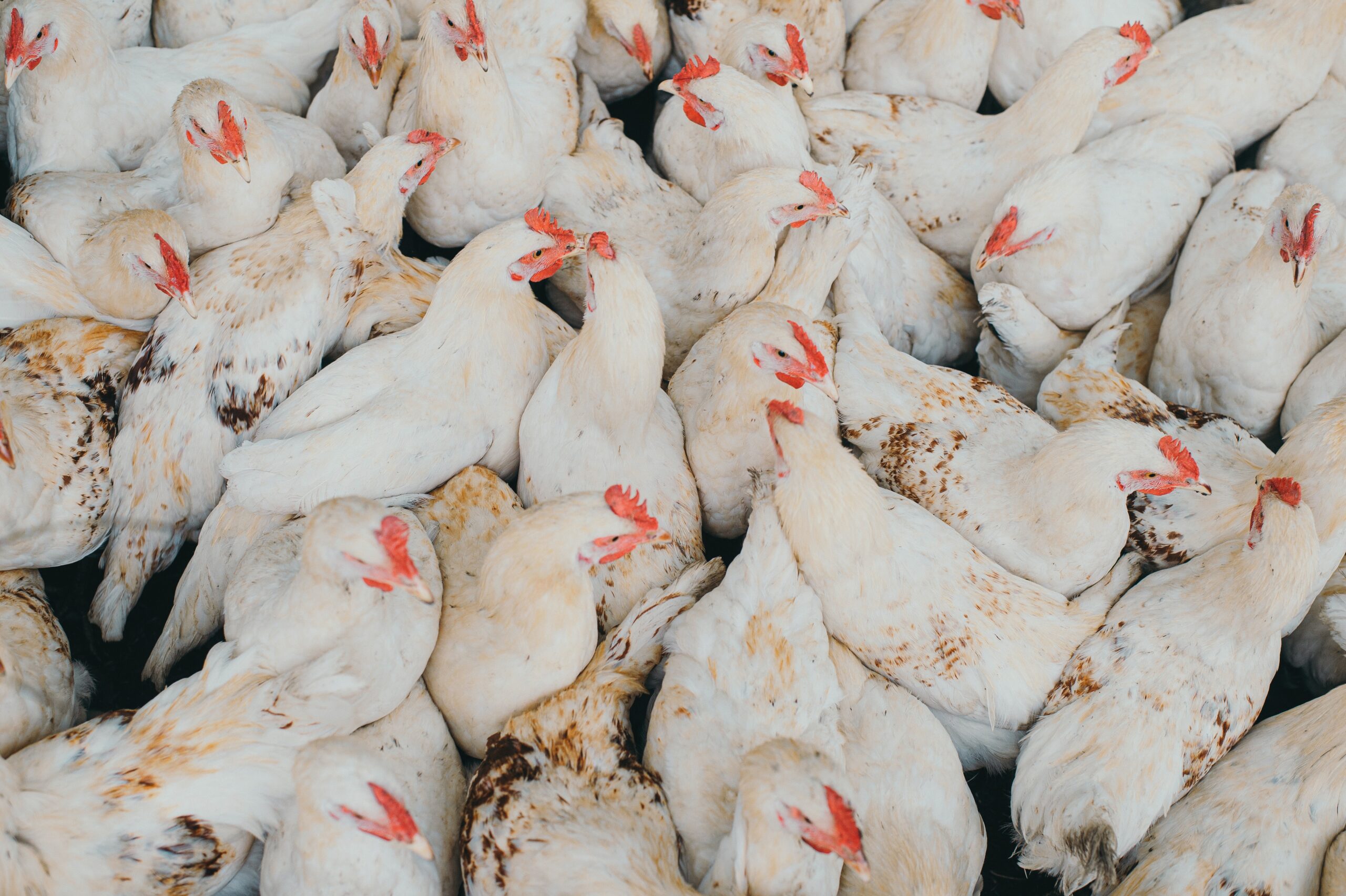Broiler farming is a very important farming business. For the farmer to be successful and achieve maximum results in the broiler business, certain pieces of equipment are necessary.
Thermometer
Heat stress decreases the productivity of broilers and thus farm profitability. Proper brooding temperatures are necessary for chicks to be healthy and to rapidly feather. The brooder temperature will decrease with each week of age. Therefore the thermometer is an important tool in broiler production.
Scale
Every farmer should have weighing scales in order to accurately determine productivity in broiler farming. Monitoring the weights of broilers from day one is an important management tool in poultry farming. Scales can be used in a farm’s economic analysis to estimate overall profitability by measuring the input and output of production.
Every broiler farmer must monitor the bird weight progress. This detects any aberrant growth rate fluctuation in your broilers at an early age, and in time to take corrective steps. Furthermore, knowing how much your broilers weigh on a daily basis is critical if the farmer wants to get them to market age at the lowest possible cost. The following are important parameters to track:
- The daily minimum weights
- Maximum daily weight
- Uniformity of average weight
- Weight gain
Hygrometer
A hygrometer is a device used to measure the volume of water vapour in the air, soil or any confined space. The humidity meter is useful for various sectors like manufacturing, agriculture, construction, restoration, heating, and ventilation.
Broiler birds are characterized by fast growth. Humidity is an extremely important factor during their growth. Unmonitored and uncontrolled temperature and humidity within the pen can lead to reduced productivity and a high rate of mortality.
Ammonia meter
An ammonia meter is an instrument used to measure ammonium levels in the poultry house. Ammonium in a poultry house comes from the birds themselves. Unused nitrogen is excreted as uric acid (80%), ammonia (10%), and urea (5%).
When ammonia gas is exposed to moisture, it reacts and forms a basic, corrosive solution called ammonium. This aqueous ammonium solution causes harm to birds. The ammonium corrodes the lining of chickens’ respiratory tracts and paralyses or even destroys the cilia of the epithelial cells. In such conditions, the mucus on the surface of the trachea cannot be cleared by the cilia and thus bacteria become trapped. When the bacteria reach the lungs or the air sacs, they cause infections.
Measures to reduce ammonia levels, including gut performance management, can promote the good health and performance of the birds. A high concentration of ammonium in the poultry house has adverse effects on the health and performance of birds.
Keep levels low to stay naturally ahead. For more information, contact Barbara Mulonda Simbaya on barbara.mulonda@tigerfeeds.com.zm or (+260)969-202-207.








